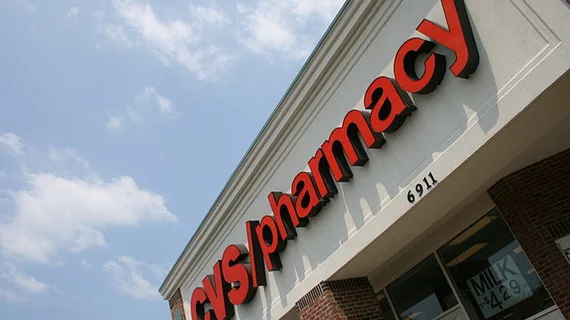CVS Health has launched a new virtual care program for Aetna plan sponsors and CVS Caremark clients.
The new care solution, CVS Health Virtual Primary Care, connects CVS Health’s services, clinical expertise and data for a coordinated healthcare experience. Customers can use the service in a retail or community-based setting, through at-home health services or virtually. The new care option includes primary care, on-demand care, chronic condition management and mental health services virtually. Users also have the option for in-person care when needed with an in-network provider, including MinuteClinic.
The offering comes as patients face challenges making in-person primary care appointments with physicians. On average, it takes 24 days to schedule an appointment with a primary care physician, while the average wait time for an in-person mental health appointment is 48 days, according to CVS.
Currently, the new virtual solution is only offered for Aetna fully-insured, self-insured plan sponsors and CVS Caremark clients, becoming effective for eligible Aetna members starting January 1, 2023, and for eligible CVS Caremark members during the second quarter of 2023.
“We’re meeting people where they are on their healthcare journey and providing care that is more convenient and easier to access,” Creagh Milford, DO MPH, FACOI, vice president of Enterprise Virtual Care at CVS Health, said in a statement. “When we make it simple, we can help people lead healthier lives.”
The virtual care program connects patients with physician-led care teams, which could include nurse practitioners, registered nurses and licensed vocational nurses. The care team will consult with a pharmacist when needed for potential medication management opportunities. The service will use an interoperable EHR as patients transition between in-person and virtual care, and the clinical data can be shared with other providers.
“By offering a connected care team where providers can easily exchange clinical information on behalf of their patients, and an extensive local footprint for in-person care follow-up, we’re able to provide consistent, high-quality care,” Milford said. “This model shifts from reactive to proactive care that can ultimately improve outcomes and help lower costs.”

